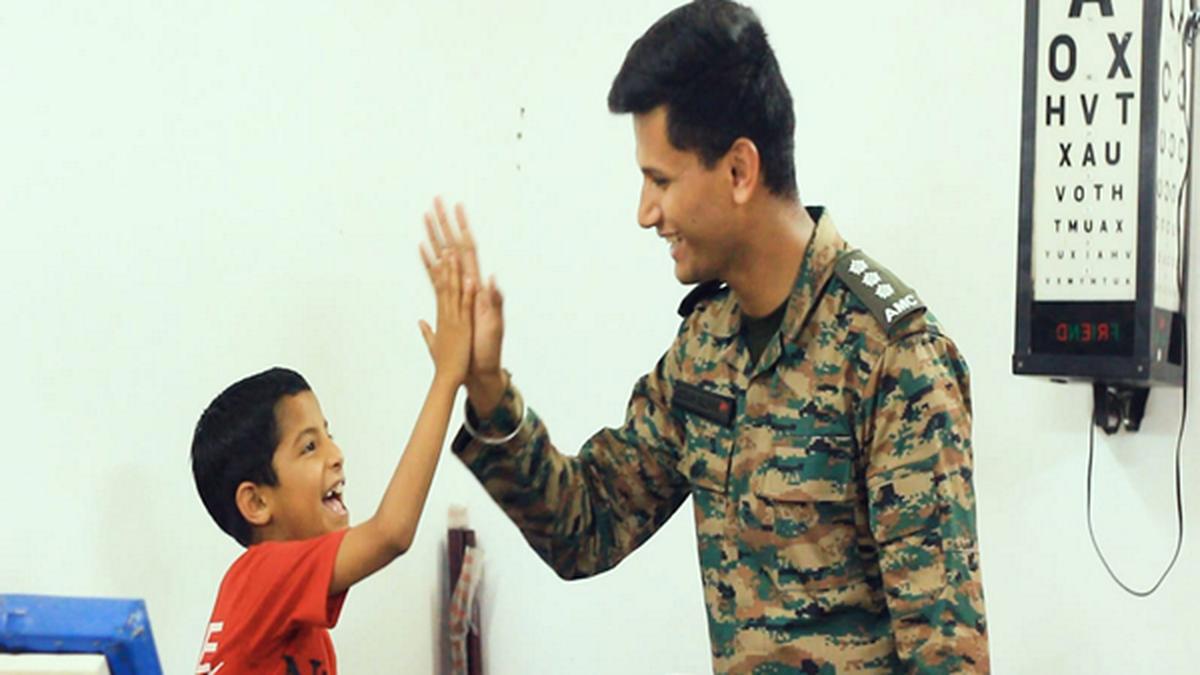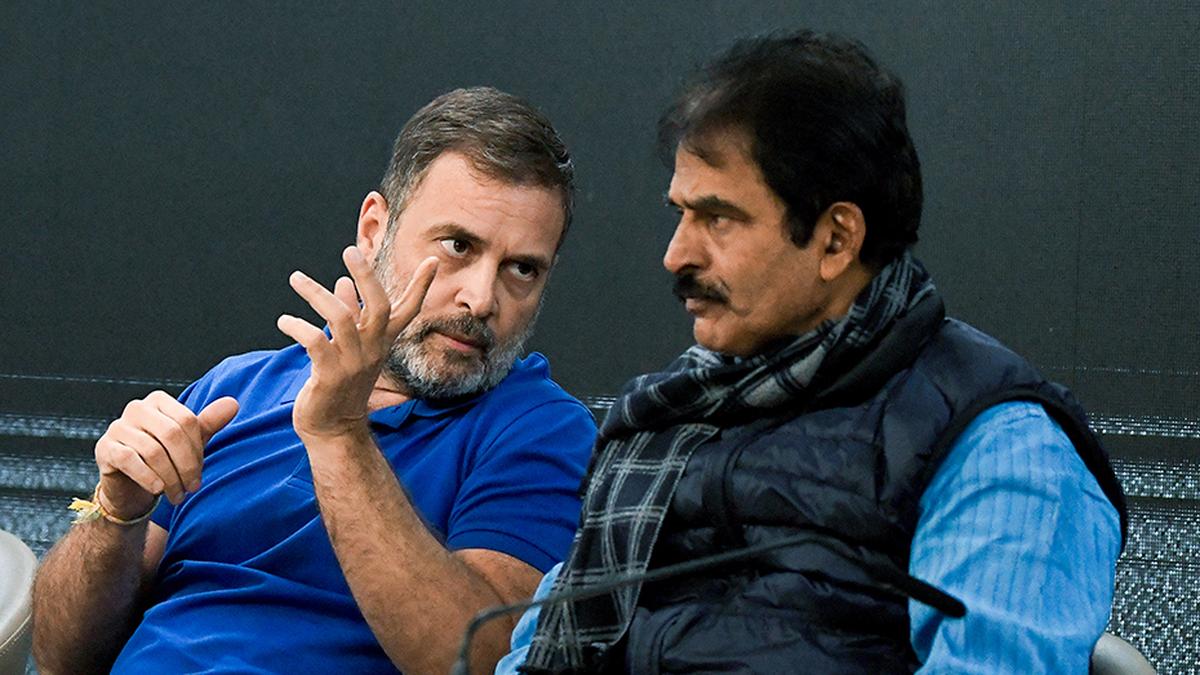ARTICLE AD BOX
Opposing the Supreme Court fixing a three-month timeline for the President and governor to act on bills forwarded by the state legislature, Solicitor General Tushar Mehta has said that the judiciary does not hold answers to all problems in a democracy and “if any organ [of state] is permitted to arrogate to itself the functions of another…the consequence would be a constitutional disorder…”.
In written submissions to the court, where a five-judge bench is hearing a reference made by the President on whether time schedules can be fixed for the actions of the President or governor, on August 12, Mehta stressed the importance of the separation of powers between the legislature, the executive, and the judiciary.
The law officer said that though separation of powers is part of the constitutional framework, “over the years, a certain degree of overlap and checks and balances or fusion of powers have come to form…in practical application.”
Despite this, he pointed out, “there are certain zones which remain exclusive to either of the three organs…and cannot be trenched upon by the others. The high plenary positions of Governors and President fall within that zone. While they are political positions, they are also representations of democratic will”.
“While the President is elected and governors are appointed by Council of Ministers [acting through President], direct elections are not the only form of democratic processes in a republican democracy. The positions of power, where appointments are made by elected representatives, are also legitimate centres of democratic faith,” Mehta said.
On governors, he said, they “are thus not to be treated as alien/foreigner in the federating units of the Union. Governors are not just emissaries of the Centre rather representatives of the entire nation in each and every federating unit. They represent national interest and national democratic will in the States as part of the larger Indian constitutional brotherhood.”
Responding to the question of granting assent to bills, he said: “The gubernatorial assent is a high prerogative, plenary, non-justiciable power which is sui generis in nature. Although the power of assent is exercised by the person at the apex of the Executive, however, the assent itself is legislative in nature.”
Story continues below this ad
Mehta pointed out that “this blended and unique nature of assent, clothes it with a constitutional character whereby no judicially manageable standards exist. Thus, despite the expanding contours of judicial review, there are some zones like assent that remain non-justiciable. The classical notion of judicial review cannot be lifted and applied to assent as the factors at play during the grant or withholding of an assent have no legal or constitutional parallel.”
Mehta said that “a wide-ranging judicial review of assent procedures, either post-assent or at a stage anterior to the grant of assent, would potentially destabilise the constitutional balance between organs of State. It would create an institutional hierarchy and upset the constitutional balance of powers between the three organs” and “has the potential to convert the Indian Constitution, into one which postulates supremacy of Judiciary as a doctrinal principle”.
This, he said, was against the “basic structure of the Constitution” and “against any justifiable reading of the Constitution as a whole”.
Mehta underlined that “judicial deference and restraint have come to define the high ideals of Indian judiciary, and the judicial branch does not hold keys or solutions for every conundrum that may arise in a democratic polity”.
Story continues below this ad
Saying that the Constitution framers, advisedly, left some questions outside the judicial realm, he added: “This has been recognised as an inherent limitation of judicial procedures and judicial forums across the world….The power of mandamus thus, cannot be exercised over such functionaries owing to their constitutional status and inter-organ comity.”
The law officer said that “each organ of the State in the Constitution has certain core functions, one organ interfering with the core functions of another would breach the separation of powers which is a fundamental feature of Indian Constitution”.
Saying that certain political questions may have only democratic remedies under the Constitution, Mehta said: “In the zest of finding a solution to the problem presented before one organ, such organ must follow the essential feature of separation of powers in such core functions.”
He further pointed out that “when the Constitution seeks to impose time limits for taking certain decisions, it specifically mentions such time limits. On the other hand, when it designedly sought to keep the exercise of powers flexible, it does not impose any fixed time limit. Since the text of Article 200 or 201 does not provide a specific time limit, no form of judicial review or judicial interpretation can impose the same.”
Story continues below this ad
Mehta said that “the exercise Article 142 is not a supervening judicial power which can override the constitutional provisions or run contrary to them. The Apex Court, even under Article 142, is bound by constitutional provisions and principles”.
He added that “the alleged failure, inaction, or error of one organ does not and cannot authorise another organ to assume powers that the Constitution has not vested in it. If any organ is permitted to arrogate to itself the functions of another on a plea of public interest or institutional dissatisfaction or even on the justification derived from the Constitution ideals, the consequence would be a constitutional disorder not envisaged by its framers.”
The SG said it “would dissolve the delicate equilibrium that the Constitution establishes and would negate the rule of law. The perceived lapses, if any, are to be addressed through constitutionally sanctioned mechanisms such as electoral accountability, legislative oversight, executive responsibility, reference procedures or consultative process amongst democratic organs etc. Thus, Article 142 does not empower the Court to create a concept of ‘deemed assent’, turning the constitutional and legislative process on its head.”



.png)
.png)
.png)

























 English (US) ·
English (US) ·